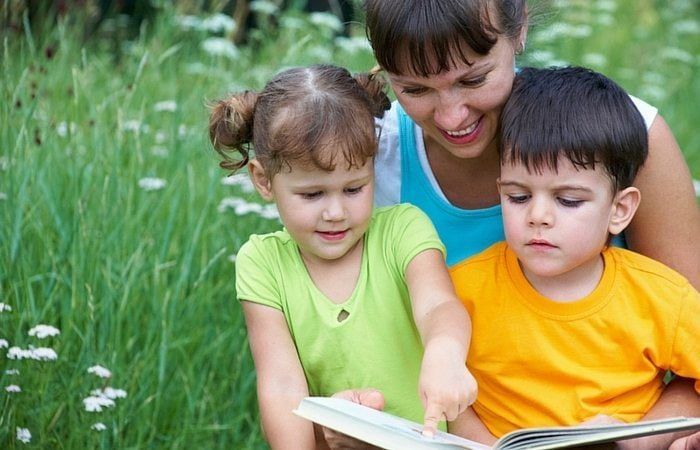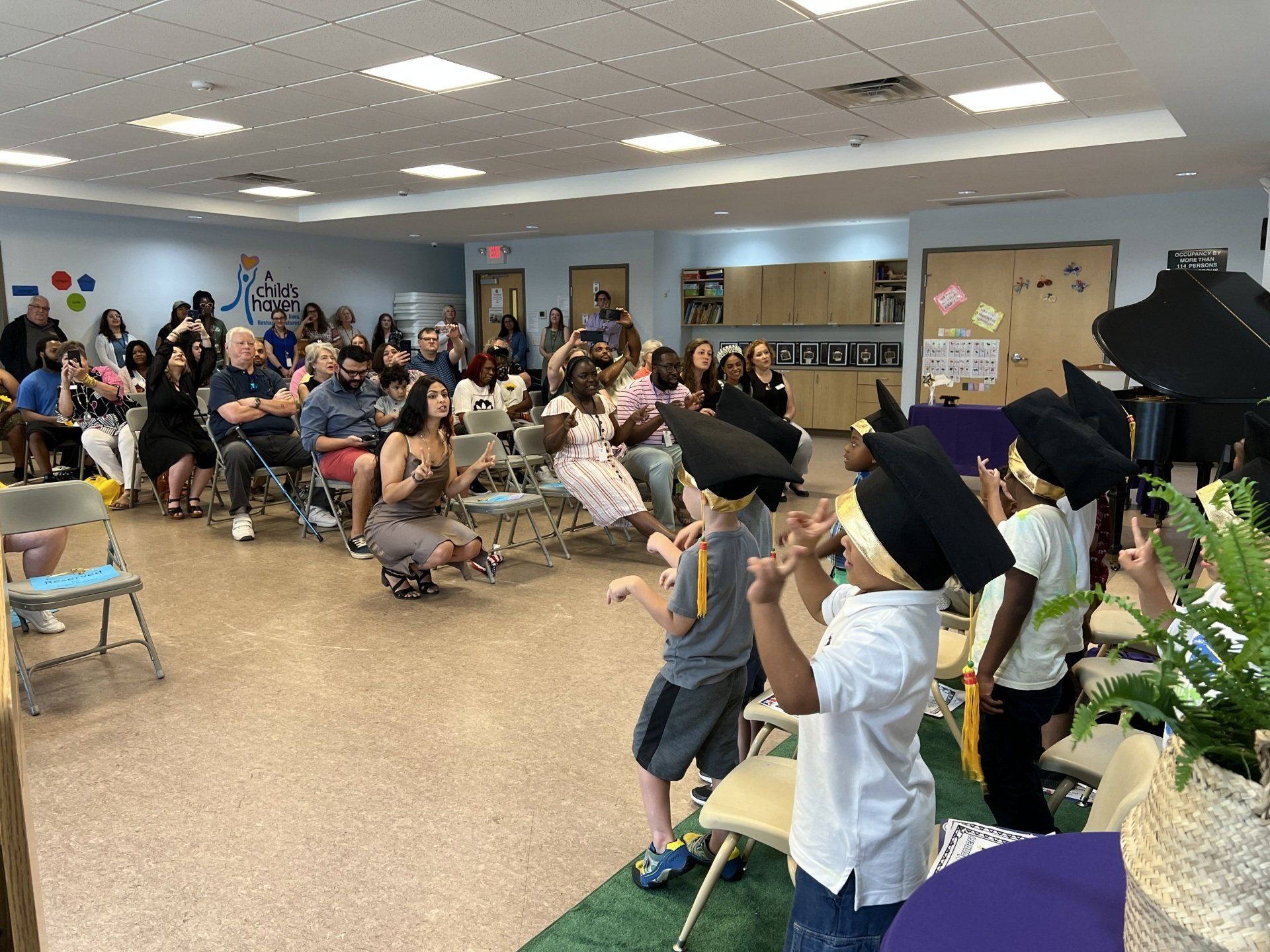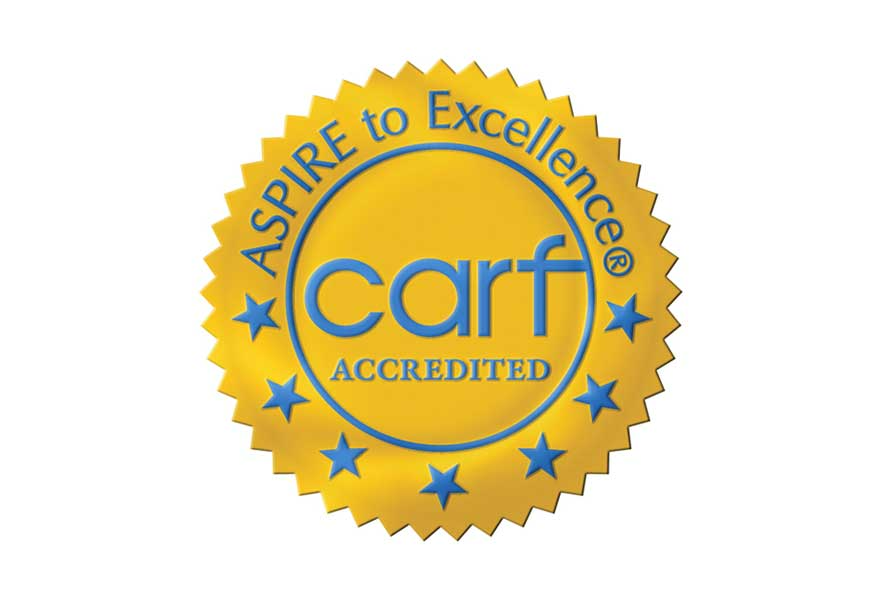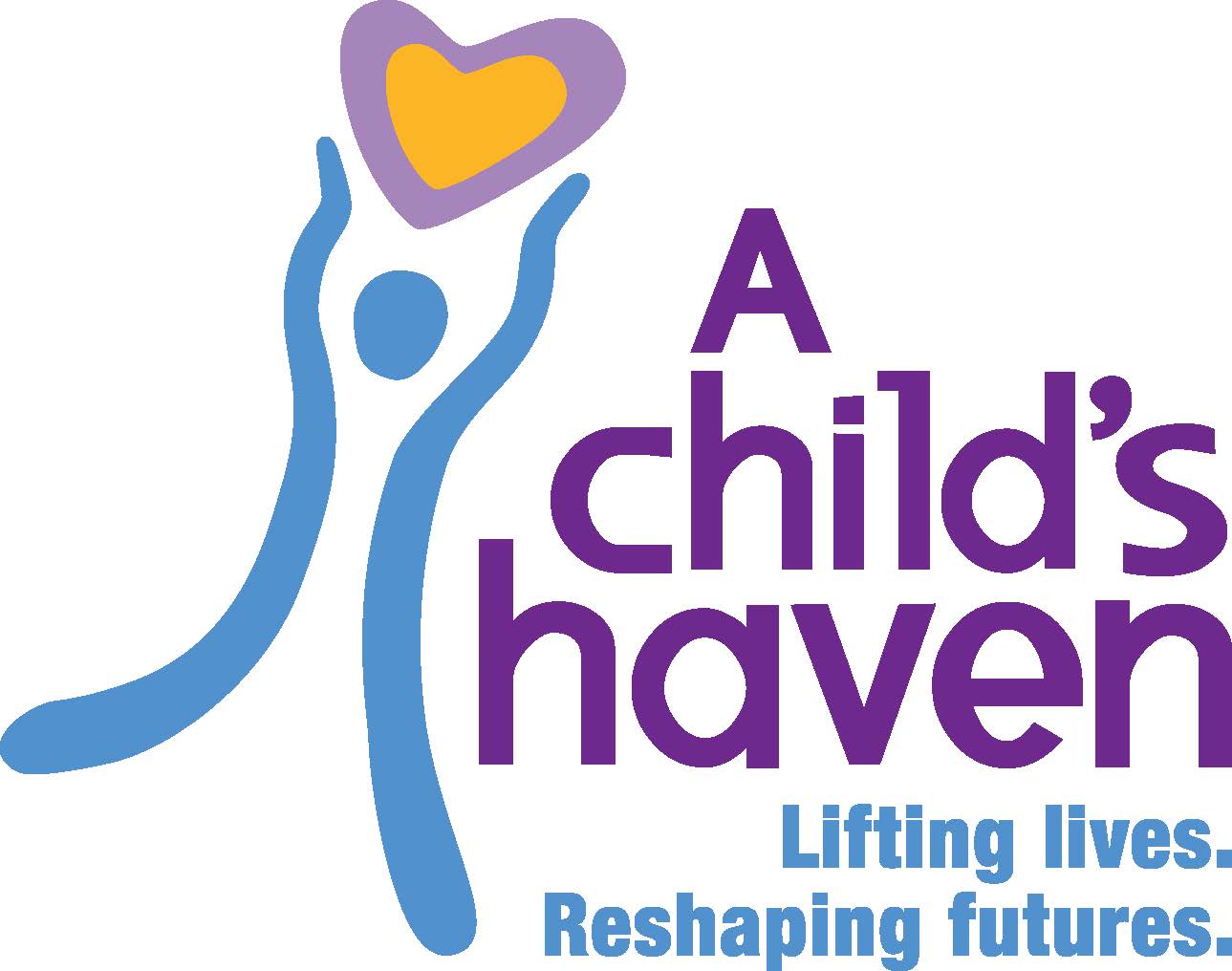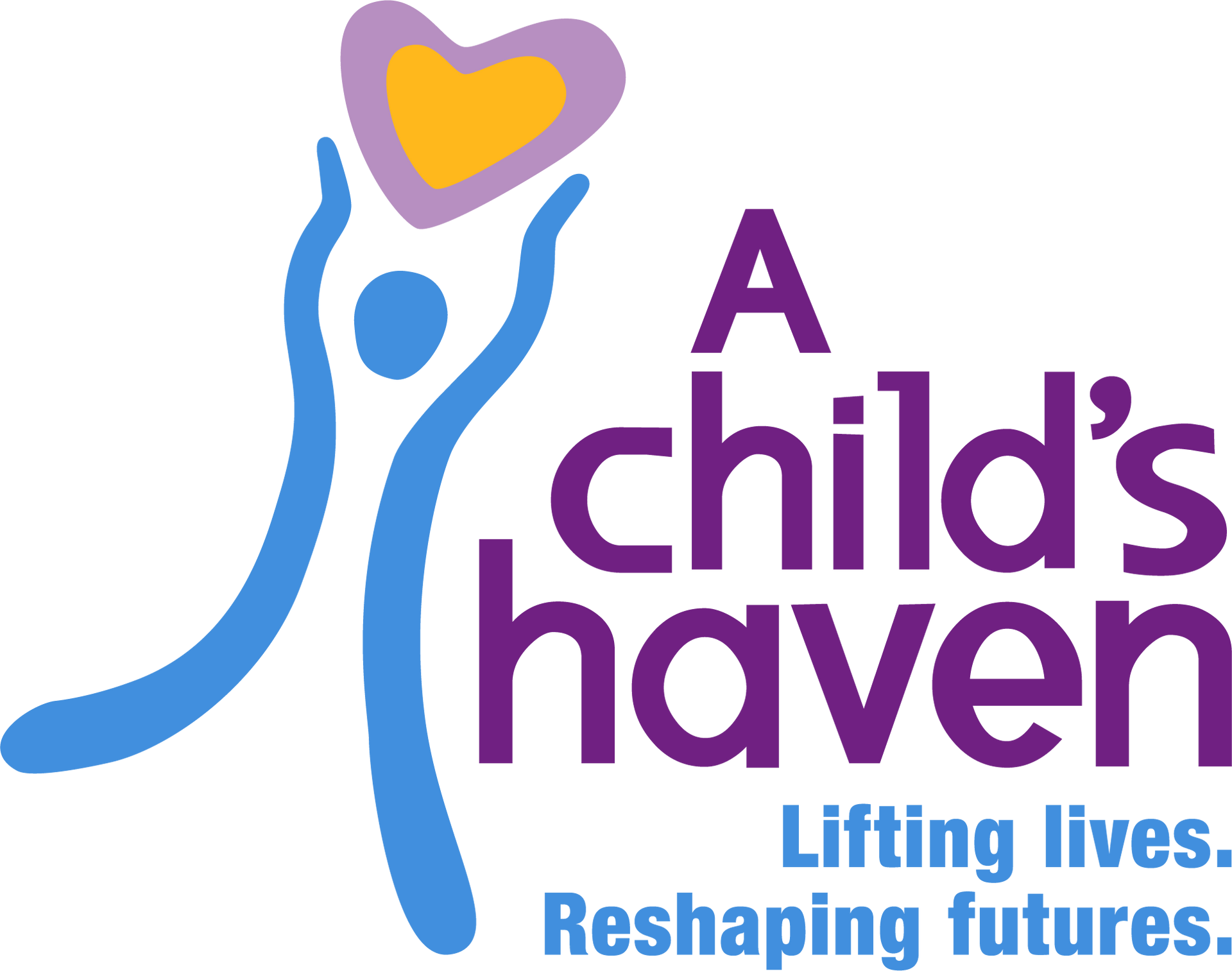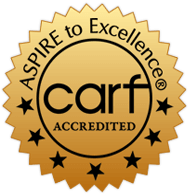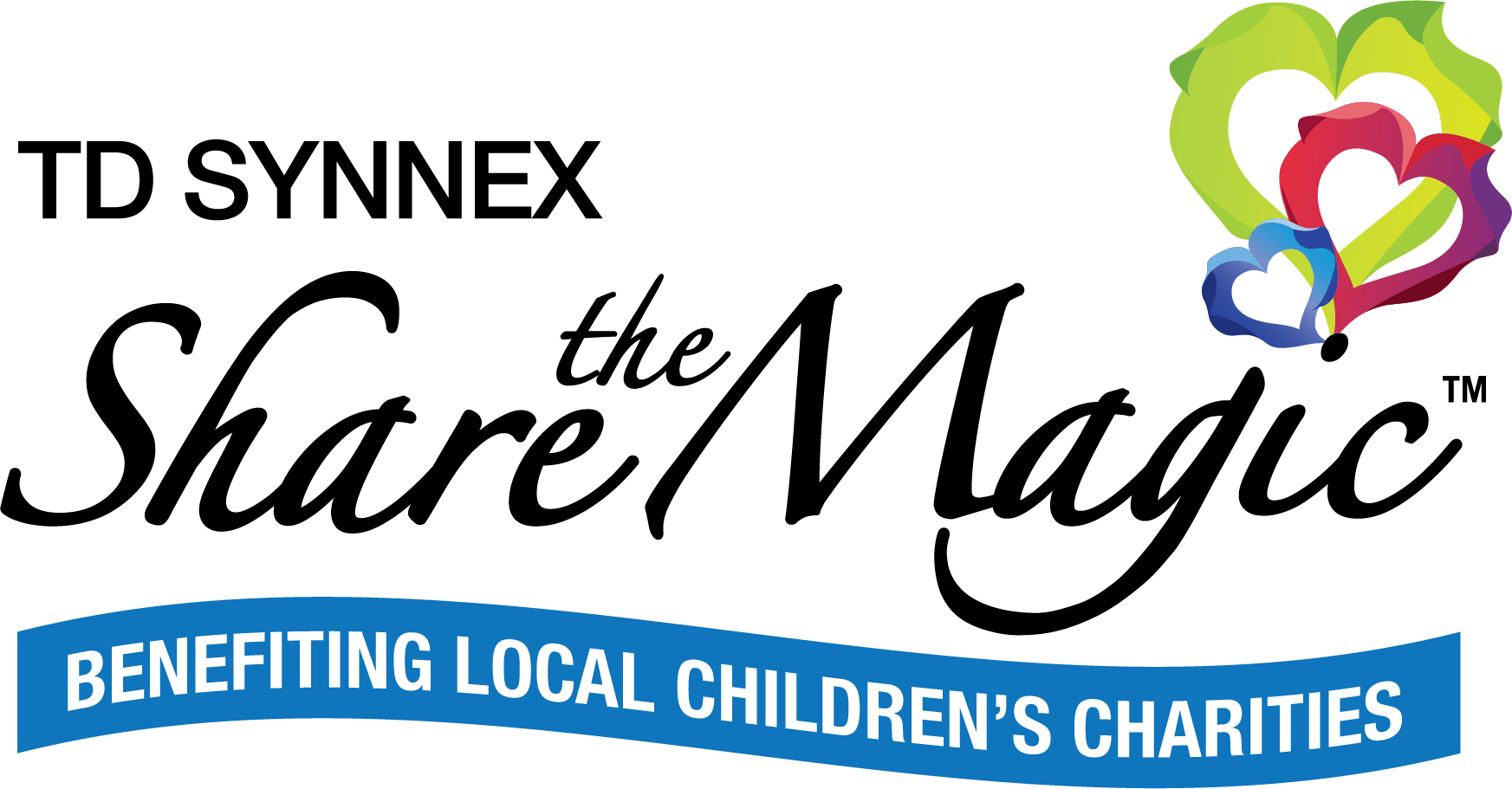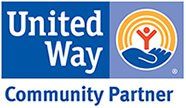Opinion: As pandemic subsides, A Child’s Haven looks to new challenges ahead

Published 4:00 p.m. ET May 8, 2021
As summer 2021 looms, no one doubts there will be unprecedented challenges as we emerge from a pandemic and slowly return to normal lives and relationships. Experts fear that child abuse and neglect grew during the previous year as family stress coupled with isolation from school and other public outlets prevented detection and intervention by those trained to help.
Children living in poverty with caregivers struggling to provide for their families — while battling their own mental health challenges — are at greater risk for abuse or neglect. The coronavirus pandemic placed the most vulnerable among us at risk of even greater potential harm.
An AP national analysis has found there were more than 400,000 fewer child welfare concerns reported during the pandemic, and 200,000 fewer child abuse and neglect investigations and assessments, compared with the same time period of 2019, an 18% decrease in both total reports and investigations.
These are the children that we serve at A Child’s Haven (ACH). The agency delivers therapeutic child care for victims of abuse and neglect, along with therapeutic interventions for caregivers, many of whom have suffered similar trauma. ACH delivers classroom-based therapy that is evidence-based and trauma-informed. Each child receives individual therapy from a licensed clinician at least once weekly, and that same clinician provides in-home therapy with the child and his or her caregivers.
Research from 2019 indicates that approximately 32,000 children under age 5 live in Greenville County, and nearly 60% of them have experienced at least one “Adverse Childhood Experience.” Twenty percent live in poverty, approximately 12% suffer a developmental delay, and more than 1,000 children experience abuse or neglect. We fear that number has risen, perhaps significantly.
All of our children at ACH are diagnosed with a clinical behavioral health disorder, necessitating intense intervention for rehabilitation. Almost one-third of our children live in foster care or with a relative as a result of abuse or neglect, and nearly half of our families are involved with the South Carolina Department of Social Services (DSS). Two-thirds of our families are single-parent households, and 38% of our families experience some form of household unemployment. Three-quarters of our caregivers hold a high school education or less.
All of the children at ACH have been expelled from a typical day-care setting because of behavioral health issues resulting from trauma. Their removal from a regular early childhood development program severely impacts their ability to adapt and thrive in a regular school classroom once they enter the public school system. Their developmental and academic delays place them far behind their peers, and without intervention the vast majority may never recover.
The ACH program is designed to equip children, and their caregivers, with the tools and education to overcome these challenges and return to a regular early childhood setting, or a school classroom.
As we emerge from this crisis, our most vulnerable children need our help, guidance and protection. ACH learned a lot in 2020. We expanded our program to an 11-hour day, added the ABC Quality program, and partnered with SC First Steps in our 4K program. We plan in 2021 to dramatically upgrade our outdoor space to focus even more on trauma-informed therapy. We would love for you to learn more about us by visiting our website.
And, if you suspect a child is being abused or neglected or is in immediate danger, call 911. If you think a family could benefit from our services, visit AChildsHaven.org to make a referral or contact us.
Tanya Camunas is executive director of A Child’s Haven and can be reached at tanyac@achildshaven.org.
The post Opinion: As pandemic subsides, A Child’s Haven looks to new challenges ahead appeared first on A Child's Haven.
